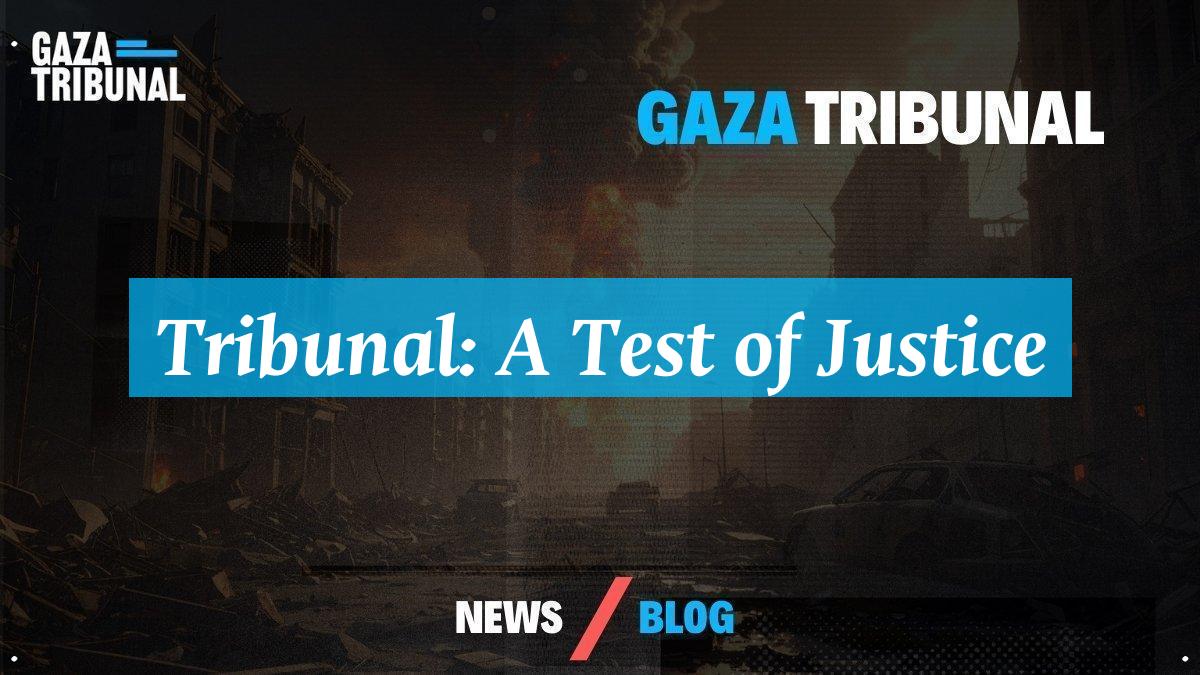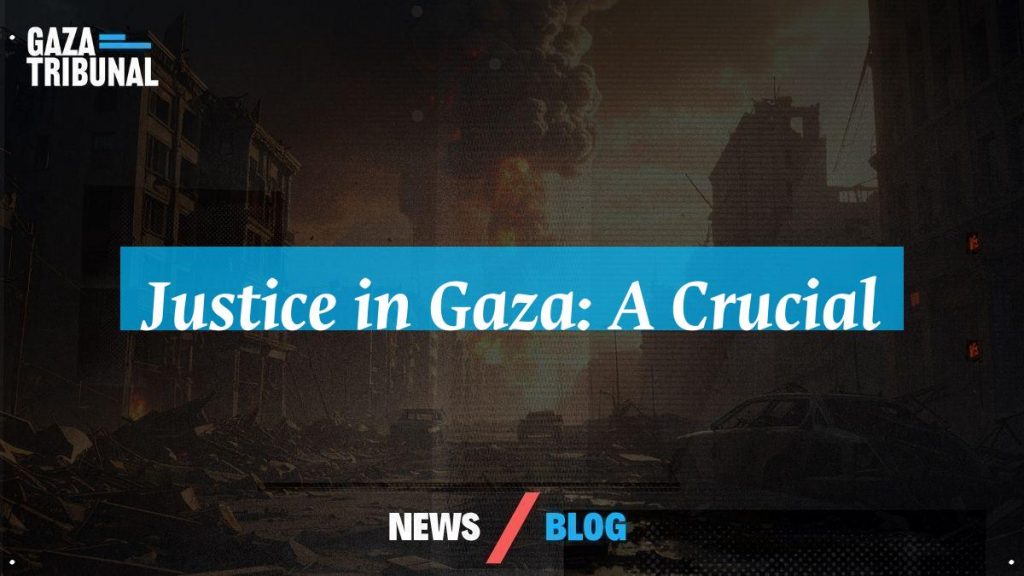The ongoing unrest in Gaza unfolds within a complex tapestry of international law and justice, revealing an unsettling reality. Amidst the chaos, the notion of a Gaza Accountability Inquiry emerges as both a necessity and a challenge. Dr. Wisam Atallah, a prominent voice in these discussions, advocates for a climate of justice while shedding light on the moral imperative surrounding the conflict. Observing the scene, one might wonder: can we truly remain passive in the face of such suffering? This inquiry underscores the struggle for human rights, urging us to confront our shared responsibility. Indeed, the Gaza Accountability Inquiry beckons those with the capacity to act, reminding us that within the rubble, humanity awaits redemption!
This leads us to a stark realization: the crisis in Gaza transcends geography, echoing worldwide implications. Dr. Atallah warns that if Gaza succumbs to a culture of impunity, we risk unraveling the fabric of global justice. What stands out in this dire context is the alarming silence from powerful nations, which reverberates through the framework of human rights. Each account of violence challenges our moral sensibilities and raises pressing questions about inaction. Beyond the loss of life, initiatives like the Gaza Accountability Inquiry compel a reevaluation of our ethical standards. The stark contrast between our responsibilities and the unfolding tragedy leaves us at a crossroads. Are we prepared to rise and embrace the urgency of the moment?
The Importance of Accountability in Conflict Zones
In conflict zones, accountability often fades into the background. The ongoing situation in Gaza highlights this issue vividly. Dr. Wisam Atallah emphasizes that without accountability, the cycle of violence continues unchecked. He asks us to consider: how can we expect justice to prevail when impunity reigns? Every action, every decision made, has consequences that ripple through society.
In our present historical conjuncture, the lack of accountability sends a dangerous message. It tells perpetrators that they can act without fear of repercussion. Dr. Atallah’s insights compel us to challenge this narrative. We must advocate for systems that ensure justice, not just for the victims but for society as a whole. The world watches, yet how many truly engage with the implications of this ongoing tragedy? Each day that passes without justice diminishes our collective humanity.

The Role of the International Community
The international community holds a significant responsibility in addressing conflicts. Dr. Atallah articulates that nations must not turn a blind eye to suffering. Instead, they should actively participate in fostering peace and justice. However, many countries choose silence over action, allowing injustices to continue unabated. This hesitation raises important questions about our moral obligations as global citizens.
If we widen the lens even slightly, the power dynamics at play complicate the situation. Strong nations often prioritize their interests over humanitarian concerns. Dr. Atallah urges us to reconsider these priorities. After all, what does it mean to be a global citizen if we ignore the plight of others? Each voice matters. As we engage with international issues, let’s remember: our actions—or inactions—shape the world we live in.
The Human Cost of War
War exacts a heavy toll, not just in numbers, but in human lives. Dr. Atallah’s observations about the casualties in Gaza are haunting. Each statistic represents a life tragically cut short. “These are not just numbers; they are stories,” he insists. Behind every figure lies a family shattered, a community mourning. The impact of war extends far beyond the battlefield.
In our present historical conjuncture, the psychological scars endure long after the conflict subsides. Survivors carry the weight of trauma, affecting their ability to rebuild lives. Dr. Atallah highlights that healing requires more than just physical restoration. It demands recognition, support, and a commitment to justice. We must acknowledge the human cost of war, not just as an abstract concept, but as a pressing reality. How can we move forward if we ignore these truths? Let’s work together to honor those lost and support those left behind.
The Call for Unity and Action
In light of the ongoing struggles in Gaza, Dr. Atallah’s message resonates deeply. He emphasizes the need for unity and collective action. “Together, we can make a difference,” he states passionately. Each of us has a role to play in advocating for justice and peace. Whether through raising awareness or supporting humanitarian efforts, every action counts. What will you do to contribute to this cause?
As we reflect on these pressing issues, let’s not forget the power of empathy. Thank you for taking the time to engage with this topic. Together, we can strive for a more just world. Let’s be the voices that demand change. It’s time to act, to stand in solidarity with those who suffer. Your involvement matters—let’s make it count! For more information, visit Gaza Tribunal.
This content was sourced from Plushaberler
Gaza News


